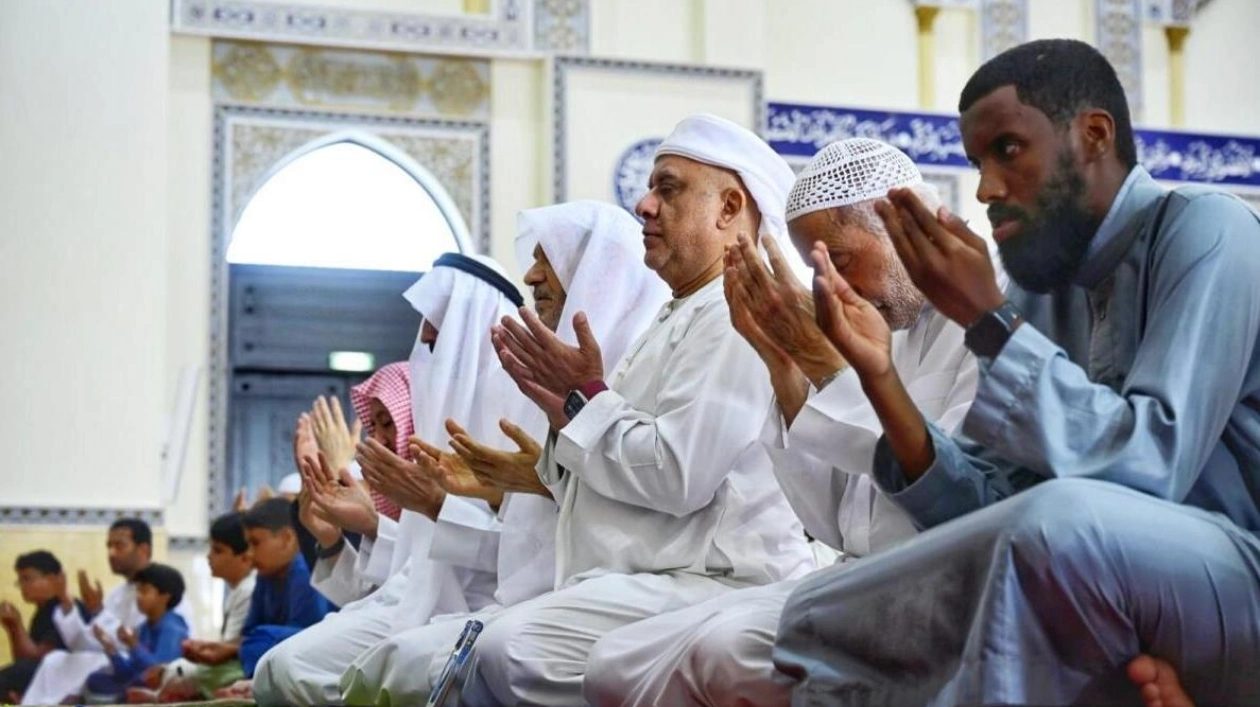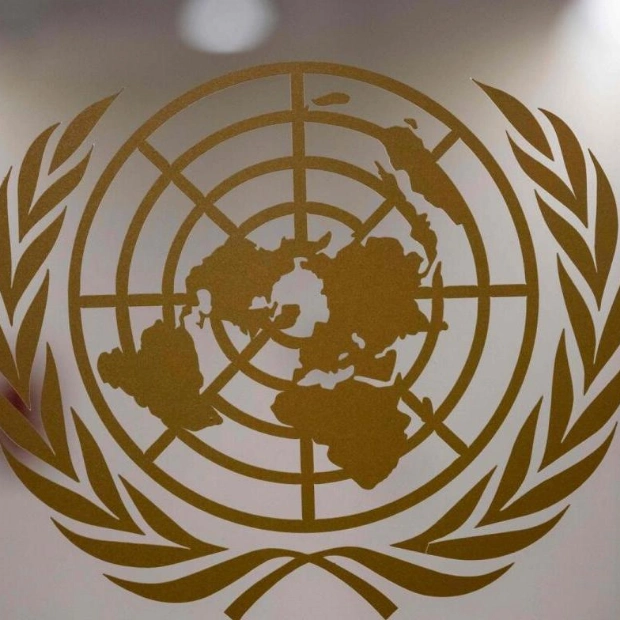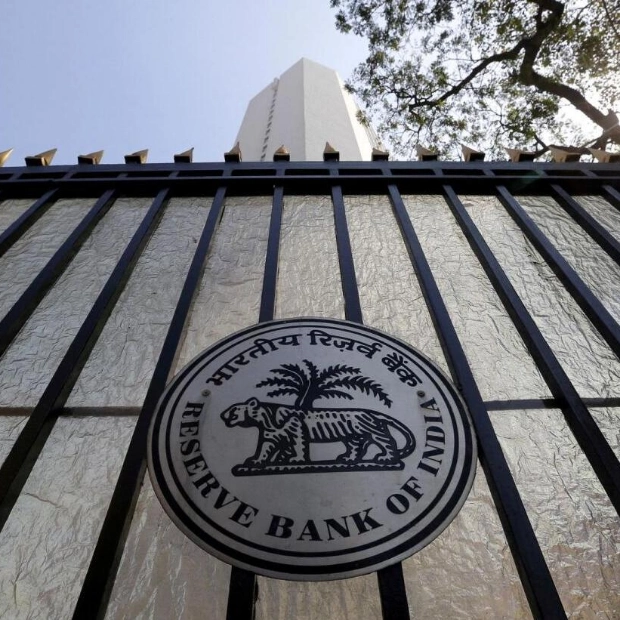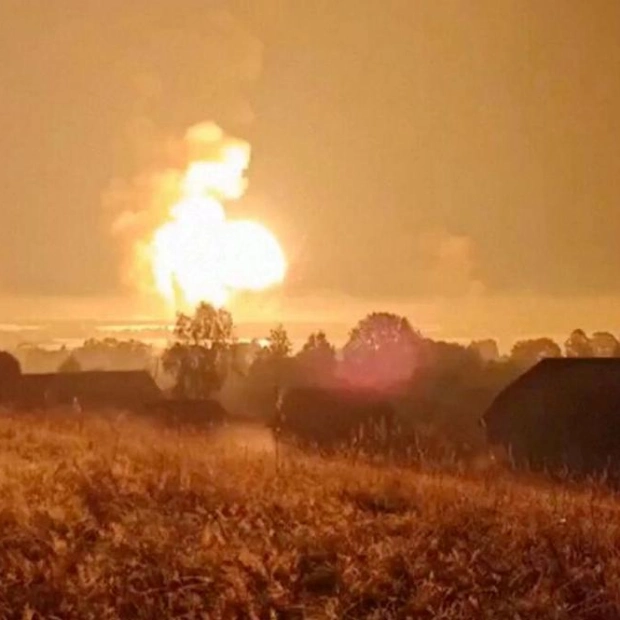Photos: Shihab
On Saturday, many Muslims in the UAE left their homes early to attend mosques, long before the call for Dhur prayers. Their intention was deeply spiritual, as they sought to perform Salat al Istisqaa, a special prayer asking for Allah’s mercy for rain and forgiveness. During the prayer, believers raised their hands towards the sky in supplication, seeking Allah’s blessings for the land.
Anjum Afeef, an engineer residing in Sharjah, arrived at the Al Nahda mosque early, accompanied by his three children. For Afeef, this prayer was not merely a religious duty but a profoundly emotional experience, reminiscent of similar prayers for rain in his hometown of Bengaluru, India. “When I heard about the Istisqaa prayers earlier this week, I looked at the clouds and prayed for rain in the UAE,” Afeef shared. “Rain is a blessing from Allah, vital for sustaining life. I couldn’t miss this prayer, as it’s an opportunity to seek blessings not just for our family, but for the entire nation.”
Afeef’s memories of Bengaluru, a city that often faced water scarcity, were vivid. “I recall how we used to pray for rain in Bengaluru. Summers were harsh, and there were times when we had to rely on water tankers, which was a struggle,” he said.
Earlier this month, President Sheikh Mohamed instructed mosques across the country to hold prayers for rain.
Bilal Gul, a Pakistani construction worker, invited his colleagues to join the Salat al Istisqaa. Leaving their roadwork duties in Al Mamzar, Gul and seven of his colleagues walked to a nearby mosque to participate in the special prayer. “This prayer is not just about rain; it’s about gratitude for what we have and seeking forgiveness for taking Allah’s blessings for granted,” Gul explained. As a construction worker, Gul understands the critical importance of water. “Water is life, and we can never take it for granted,” he said, reflecting on the days spent working under the scorching sun. “For us, every drop of water is precious. We understand its value more than most.”
The prayer was conducted with humility and devotion, in line with the Sunnah of the Prophet Muhammad (PBUH). It consisted of two rakahs, similar to Eid prayers, followed by a sermon by the Imam. Worshippers also engaged in tasbeeh (praise of Allah) and sought forgiveness for their shortcomings.
Mohammed Haddad, a Mamzar resident, shared that attending the Salat al Istisqaa served as a powerful reminder of the blessings often taken for granted. “We have an unlimited supply of water from our taps, yet we rarely consider it a privilege. This prayer is a call and a reminder that nothing is guaranteed.”
“Water is essential, yet it’s the foundation of everything. Without it, crops cannot grow, livestock cannot survive, and communities face severe hardship,” Haddad added.
After the prayer, the congregation left the mosque with a renewed sense of hope. They were optimistic, believing that Allah’s mercy would soon bring the much-needed rain to the UAE.
Source link: https://www.khaleejtimes.com






